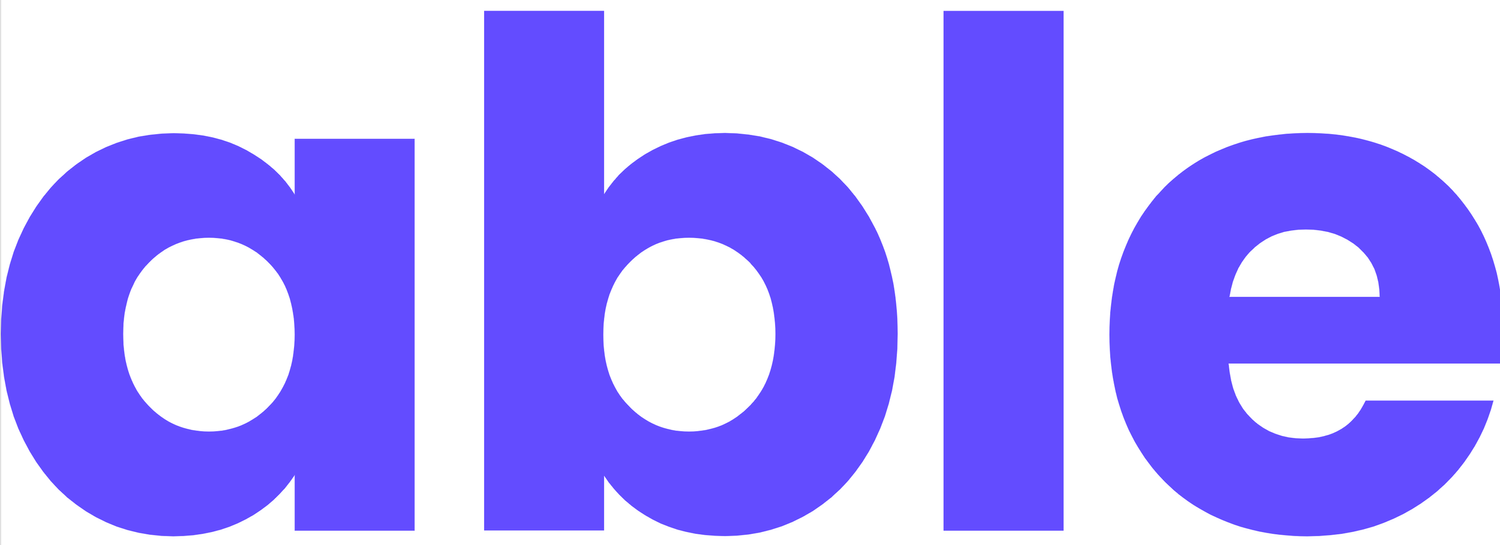Setting Expectations
In a perfect world, we set expectations of performance and behaviour and they are either met or exceeded.
Unfortunately, there are several reasons why this does not happen:
expectations are not set in the beginning
expectations are misunderstood or unrealistic
the person does not have the capability and/or capacity
there is ambivalence to the expectations.
What can you do?
Whether the expectations were explicitly stated in the beginning or not, if there is a drop in performance or behaviour to the expectations, then there is a gap.
As more time passes, it is very likely that the performance gap will increase and the conversation required will be larger. Conversations may also be frequent to correct the habitual behaviour that has been left to develop.
Firstly, you need to identify the specific behaviour that needs correcting.
Secondly, keep a record of the conversations. This record is in direct proportion to the severity of the conversation.
For instance, a small diary note may be used to keep a record initially, but this may escalate to formal documents, in accordance with your organisation’s procedures, if the behaviour has worsened or is at such a significant level that it needs immediate attention.
Altitude, attitude, and opportunity
The below diagram is a way to help analyse and discuss the skills development, performance, attitude and opportunities a person has in their job.
Altitude (capability, skills, competence, intelligence etc.)
Attitude (frame of mind – positive, negative, or indifferent)
Opportunities for challenges (use of their skills and a chance to develop and grow)
This tool can be used to generate a conversation with employees to gauge the gap between their perception and yours. It can be used for each task within a position or for the whole role.
Thinking about one of your staff, how would you rate them using this tool?
What other information will you need to gather before you have this conversation?
(You can read more about Altitude, Attitude, Opportunity here.)


